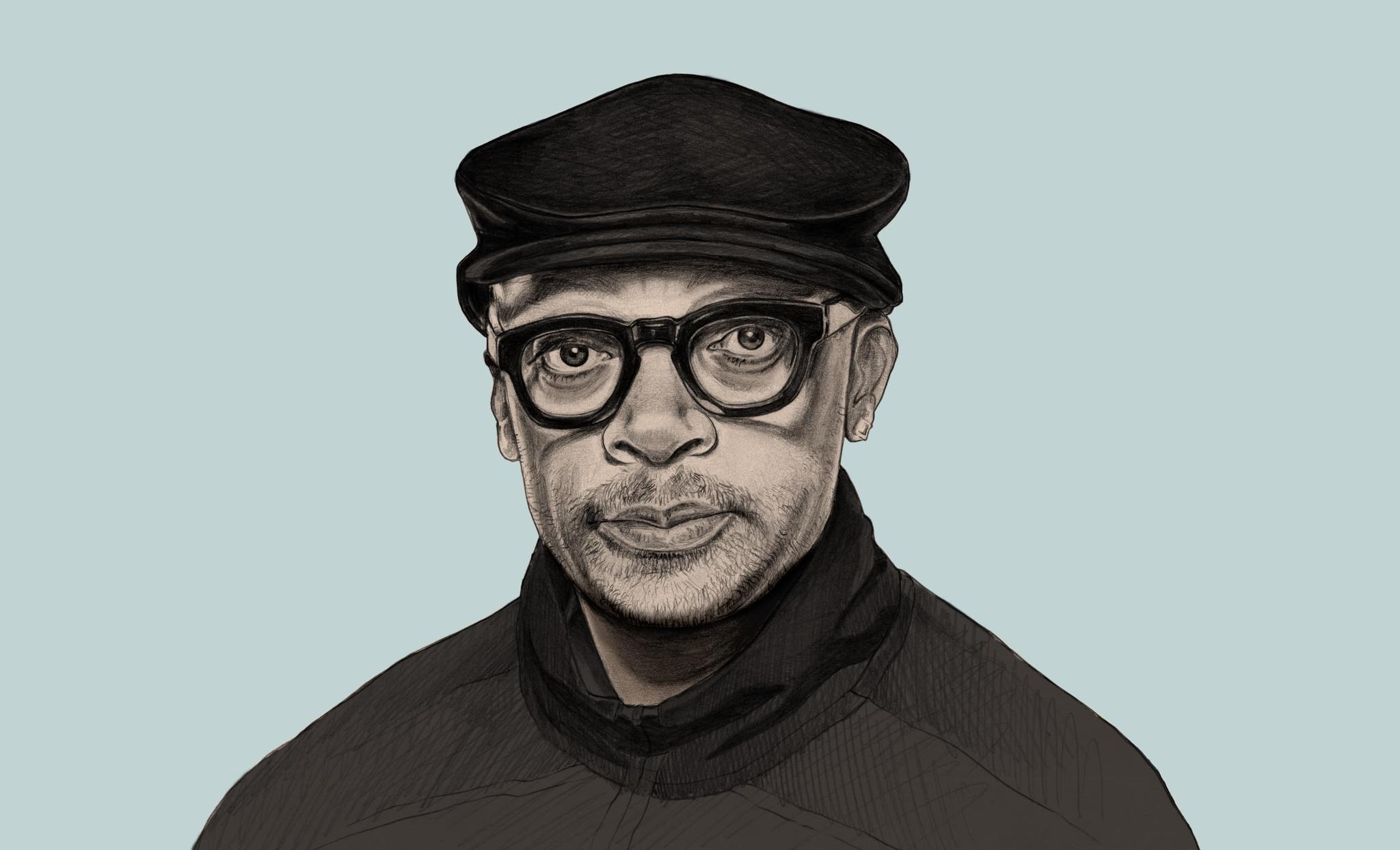
Money Diaries
Spike Lee Tells Us Why He Never Feels Bad Asking for Money
The director sits down with Wealthsimple to talk first jobs, family philosophy, and how to keep asking for money until you get that “Yes.”
Wealthsimple makes powerful financial tools to help you grow and manage your money. Learn more
My first job was a great job. I worked at Baskin-Robbins in Brooklyn Heights, at the corner of Montague Street and Clinton, scooping ice cream. I was 17. The customers were mellow, and the people I worked with were cool. We made minimum wage—whatever that was in 1974—but we got all the ice cream we could eat. And the main thing was: I was making my own money.
Later, when I turned 20, I got a job at Lord & Taylor in the jewelry-stock department. That’s when I decided to get my ears pierced. My first earrings, they weren’t diamonds, that’s for sure. A couple of gold studs.
Did my folks care about my getting my ears pierced? It was no big brouhaha. My father was a jazz musician, so ours was a jazz household, an artistic household. We were a middle-class family, and money was never really a driving force. Money has never dictated my life.
I don’t kneel down at the altar of the Almighty Dollar. That’s not for me.

Sign up for our weekly non-boring newsletter about money, markets, and more.
By providing your email, you are consenting to receive communications from Wealthsimple Media Inc. Visit our Privacy Policy for more info, or contact us at privacy@wealthsimple.com or 80 Spadina Ave., Toronto, ON.
Certainly, though, when you want to make films, you need money. Raising money is part of being a filmmaker. It’s a central part. It’s essential. I’ve got no problem asking people for money. Because I believe. I believe in my talents, my storytelling abilities, and also the people I surround myself with on the projects that I make.
Here’s the thing: I understand that movies are a business, but it can still feel disappointing when companies make decisions about which projects to finance based not on artistic merit but solely on the bottom line. Sometimes that narrow way of thinking can have unfortunate ramifications.
A lot of studios are led in their decisions by the marketing department. If the marketing people say, “We don’t know how to sell it,” then the company is not going to make that film. What’s the trailer going to be? What’s the poster going to look like? Those are the questions they ask themselves before thinking about what the movie itself might become.
When I’m meeting with people to ask for money, the marketing people may not be right there in the room, but they’re going to be brought into the loop quickly, that’s for sure. The people I’m talking to, when they leave that room, the marketing folks are the first call they’re going to make. Before they come back to me with a decision, they’ll talk to marketing, run their numbers, do their due diligence. As they should! I understand their business prerogatives, but it’s natural to wish for equal weight to be given to a project’s creative ambitions.
A couple years ago, at Sundance, I was trying to get funding for Chi-Raq, and everybody was saying no. It was one meeting after another. When people don’t want to do it, they say, “It’s not for us.” They’re very cordial. Super polite. “Hey, you got anything else, Spike, let us know.” No one is nasty about it—they’re very friendly. But a friendly no is still a no.
Here’s what I’ve learned, though: It only takes one yes. No matter how many people say no, you only need that one yes and you’re off and running. You can’t let the nos defeat you. Because that’s all it takes—just one yes.
Chi-Raq had its share of rejection as we tried to find funding, but Amazon saw the merit in it and put down the money, and we got it made. The response has been amazing.
These days, anyone can make a film, even if there’s not a platform for every film that gets made. Still, I’m happy that people don’t need a whole lot of money to go and make something. You can shoot it on your phone, edit on your laptop, get it up on YouTube, and make it happen.
People ask me for advice about money, but I’m not going to tell people what they should do. I’ll tell you what’s worked for me, though: I don’t kneel down at the altar of the Almighty Dollar. That’s not for me. If that’s for you, have at it.
As told to Davy Rothbart exclusively for Wealthsimple. Illustration by Jenny Mörtsell. We make smart investing simple and affordable.
Wealthsimple's education team is made up of writers and financial experts dedicated to making the world of finance easy to understand and not-at-all boring to read.










